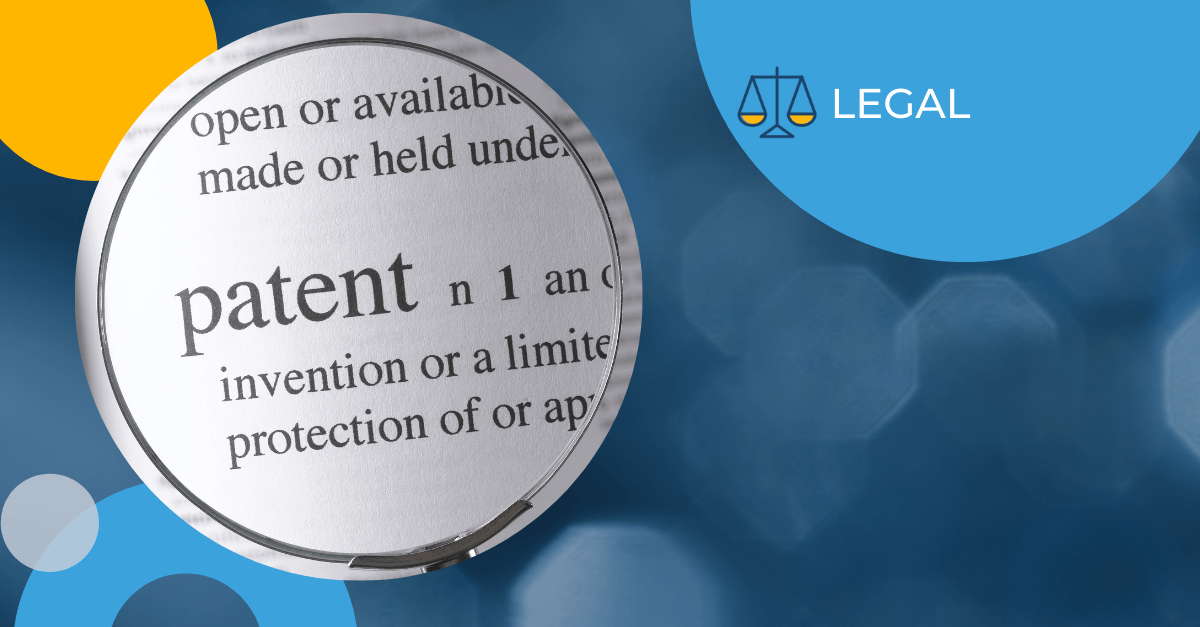Tag: patent validation
Patent Translations, Language Wars, and EU Patent

How hard is it to agree on a single European patent that grants IP protection across Europe? Very, very hard. For decades, companies doing business in Europe have pushed Eurocrats to replace a system of national patents requiring costly translations into multiple languages with a single European patent. But national interests and pride- in particular, language pride- have stood in the way.
When the London Agreement concluded in 2000, most EU states grudgingly accepted that only patent claims would be translated into each of their native languages. Further progress came last year when Europe signed off on an EU patent that would require patent claims to be translated into English, German, and French only–the most commonly spoken EU languages and the working languages of the European Patent Office (EPO) since 1997. Beyond translating the claims into the other two official languages, patents written in English, German, or French would require no further translation to grant patent protection across the EU. But Spain and Italy–powerful EU states with widely spoken languages–have strongly objected. They say the proposal gives British, German, and French companies an unfair advantage and insists that any European patent include Spanish and Italian as one of the official languages, or else that English only should be the official language. All the EU states, minus Spain and Italy, supported the new EU patent, but the proposal could not move forward without unanimous consent.
Then last week, the Council of the European Union voted to proceed under the enhanced cooperation procedure, which allows EU member states to adopt new rules where unanimous agreement cannot be reached, essentially overruling Spain and Italy’s veto power.
Will this new push finally break the political deadlock? It’s too soon to tell. Spain and Italy have threatened to mount a court challenge, arguing that forcing Spanish and Italian companies to prosecute patents in another language violates their right to defense. In the meantime, companies seeking European patent protection will still need to translate claims or the full spec to obtain protection in most member states and decide if that protection merits the costs associated with translation and validation. Increasingly, American companies are forgoing protection in most of Europe due to the high costs and focusing only on those states where no other translations are required after grant. This group includes France, Great Britain, Germany, and Switzerland but does not include many of Europe’s biggest economies, including Spain and Italy, where the full spec needs to be translated.

